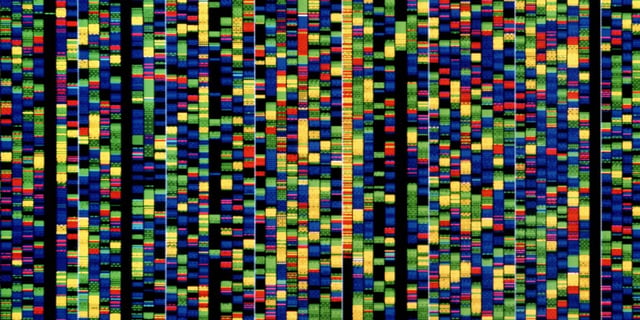Overview
- AlphaGenome analyzes sequences of up to one million DNA base pairs in a single pass, delivering base-level predictions for gene expression, splicing patterns, protein binding and chromatin accessibility across diverse cell types.
- In 24 out of 26 benchmark tests the model matched or outperformed specialized AI tools for predicting gene regulation and variant effects.
- DeepMind trained AlphaGenome on large public datasets including ENCODE, GTEx, 4D Nucleome and FANTOM5 using a U-Net-inspired neural architecture with about 450 million parameters.
- Using Google’s custom Tensor Processing Units, the team completed pre-training and distillation in just four hours while halving the computational cost compared with its predecessor.
- Researchers are already applying the preview API to study non-coding mutations in cancer and rare genetic disorders, with plans for a broader open-source release to expand accessibility.



